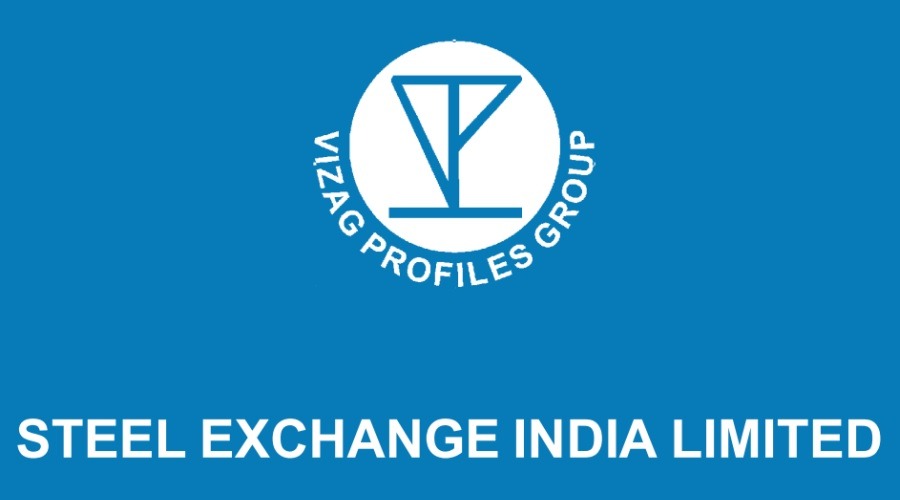 Image Source: rikvin.com
Image Source: rikvin.com
India is preparing a significant overhaul of its foreign investment regulations, aiming to plug loopholes in indirect foreign investments and bring greater transparency to the ultimate ownership and control of companies operating in the country. According to sources, the government will soon introduce changes that will impact share transfers, pricing norms, and the very definitions that underpin foreign investment policy.
Stricter Pricing Norms for Foreign-Owned Companies:
Companies with foreign ownership will be required to follow more stringent pricing guidelines during share transfers. This means any transfer of shares, whether between residents and non-residents or involving foreign-owned and controlled companies (FOCCs), must adhere to fair market value (FMV) determined by internationally accepted methodologies and certified by a merchant banker or chartered accountant. This move is intended to prevent undervaluation or overvaluation in cross-border transactions and ensure transparency in capital flows.
New Definition: “Foreign-Owned and Controlled Entities” (FOCCs):
India will replace the older term “indirect foreign investment” with “foreign-owned and controlled entities.” This change is designed to increase scrutiny on the ultimate beneficial ownership of companies, especially those with complex shareholding structures or those routed through multiple layers of ownership. An FOCC is defined as a company where foreign shareholders hold more than 50% equity or have the right to appoint a majority of directors or control management decisions.
Plugging Indirect Investment Loopholes:
The updated rules aim to close regulatory gaps that previously allowed foreign capital to enter restricted or sensitive sectors through indirect routes. Companies with foreign ownership making downstream investments will now have to disclose their shareholding patterns and shareholder agreements to a regulatory committee, ensuring that foreign investment does not bypass sectoral caps or enter prohibited sectors undetected.
Mandatory Reporting and Reclassification:
Entities that transition from being Indian-owned to foreign-owned or controlled must now report this change to the Reserve Bank of India (RBI) within 30 days, using the prescribed Form DI. This proactive reporting is expected to enhance regulatory oversight and prevent regulatory arbitrage.
Alignment with Global Best Practices:
The changes are part of a broader effort to align India’s FDI regime with international standards, improve post-investment monitoring, and safeguard national economic and security interests. The government is also considering a dedicated regulatory mechanism for post-investment review to monitor the source and impact of foreign capital inflows.
Sectoral and Security Filters Remain:
The new rules will continue to enforce sectoral caps, approval requirements for investments from bordering countries, and specific conditions for sensitive sectors such as defense, telecom, and pharmaceuticals.
Insight
India’s proposed changes to its foreign investment framework reflect a more vigilant and transparent approach, ensuring that foreign capital entering the country is legitimate, well-documented, and compliant with both sectoral and national security objectives. By tightening pricing norms, redefining ownership, and mandating greater disclosure, the government aims to foster a fairer investment environment while protecting strategic interests in an era of rising global capital flows.
Source:
Trilegal – RBI’s Recent Clarifications to India’s Foreign Investment Regime
SNR Law – Updated Master Direction on Foreign Investment in India
LexCounsel – Plugging the FDI Loopholes
FinSec Law – New Pricing Guidelines for FDI
SwarajyaMag – India Mulls Foreign Investment Regulatory Mechanism
Advertisement
Advertisement







